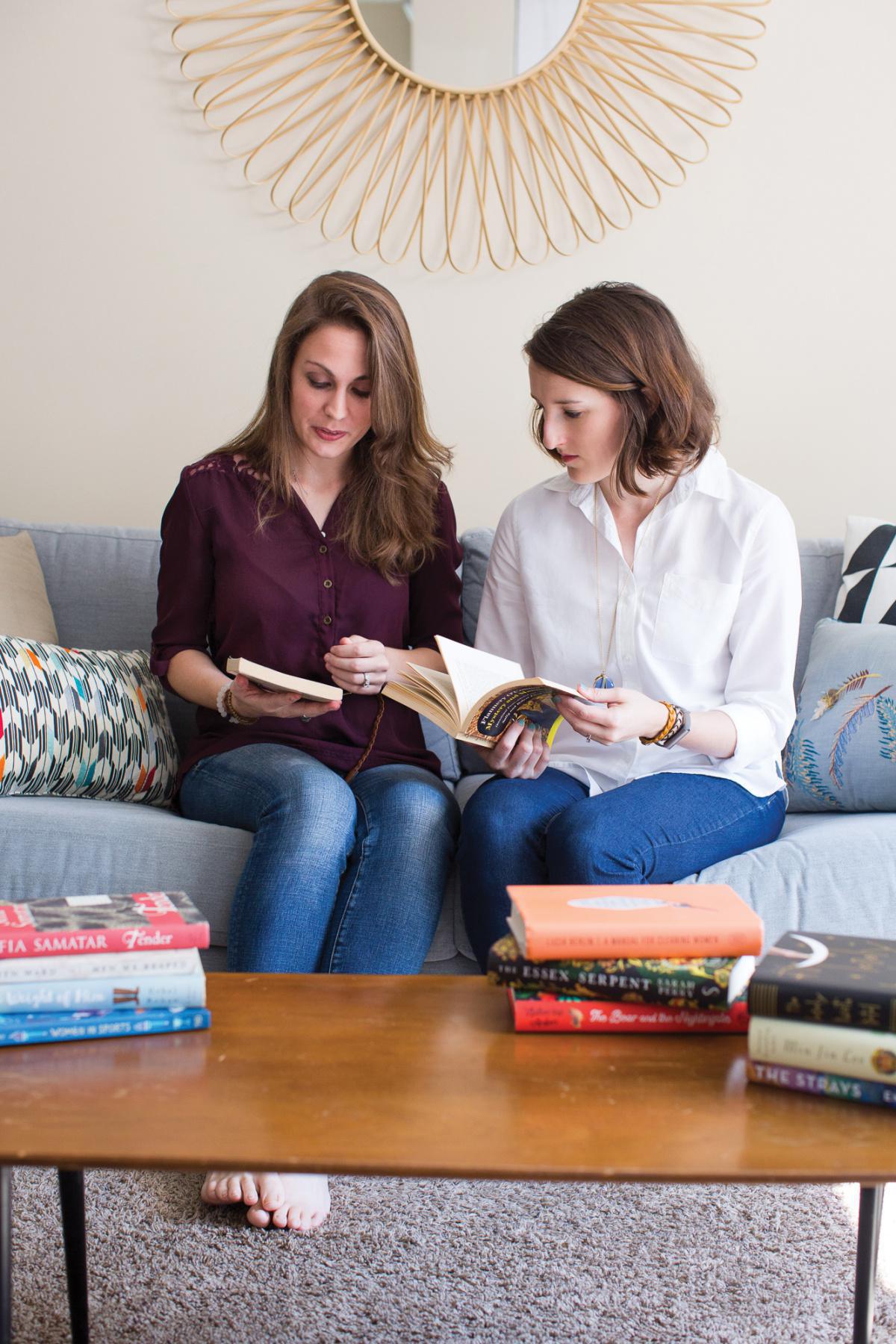When she was young, Kendra Winchester’s reaction to her big brother’s tease that girls couldn’t do x, y or z was to read a book where a female protagonist did just that. It was a prophetic glimpse for how Winchester would later respond to a lack of female authors being featured in her English literature master’s program.
Winchester, 29, grew up in Sciotoville, Ohio, where her parents and the public library instilled in her a love of books. “She was very systematic in the books she read to us,” Winchester recalled of her mother’s inclusion of diverse subject matter and authors. When she was six, Winchester wrote “Timothy,” a story about two men fishing (with the title character sharing her father’s name). Her mother typed-up the story and the local librarian kept a copy at the front desk.
Winchester gravitated to women authors. As a child, it was the Laura Ingalls Wilder “Little House on the Prairie” novels. As a teen, Winchester loved Tamora Pierce’s “Alanna The Lioness” series. “I wanted to see more women protagonists,” Winchester said.
Winchester moved to Greenville, South Carolina, where she still lives, to attend grad school. There she met Autumn Privett and a quick friendship was formed. Privett turned Winchester on to podcasts, and the friends would joke about attempting one. The idea became serious as the podcast’s topic came into focus. Privett and Winchester lamented the lack of female authors in their studies and The Reading Women podcast debuted in 2016 with the motto “where we reclaim half the bookshelf.”
For the podcast’s first year, the duo tackled the technical side of hosting a show they considered a hobby. “We didn’t yet consider it a business,” Winchester said. The podcast grew from a few hundred downloads per episode to 34,000 downloads in a week following a rave review on Elena Ferrante’s website. Yet, the biggest turning point came after the show featured one of Winchester’s favorite authors. “It really clicked for us when we interviewed Min Jin Lee,” Winchester said. Once the recorders were off, the National Book Award nominee thanked Winchester and Privett for the important role they were playing as tastemakers. “She’s just an amazing person,” Winchester said of the author of the acclaimed “Pachinko.”
The Reading Women podcast is most certainly a business now, with a staff beyond just Winchester and Privett and the original bi-weekly schedule moving to weekly. One week, the show has a theme and the following week features an author interview. Winchester and Privett plan out the schedule a year in advance. Acclaim has come from, among many, Buzzfeed and Bustle, and even traditional outlets such as The Washington Post (which named The Reading Woman to the paper’s list of the best literary podcasts).
In addition to Lee, Winchester named Sarah Perry (“The Essex Serpent”) and Tressie McMillan Cottom (“Thick: And Other Essays”) as favorite guests. Winchester has carried her upbringing to the show through representation of rural authors such as Elizabeth Catte (“What You Are Getting Wrong About Appalachia”). “Appalachians are unique and special,” Winchester said proudly of her roots.
Reclaiming Half the Bookshelf
Kevin Compton
Comments
No comment
Be the first to post a comment


